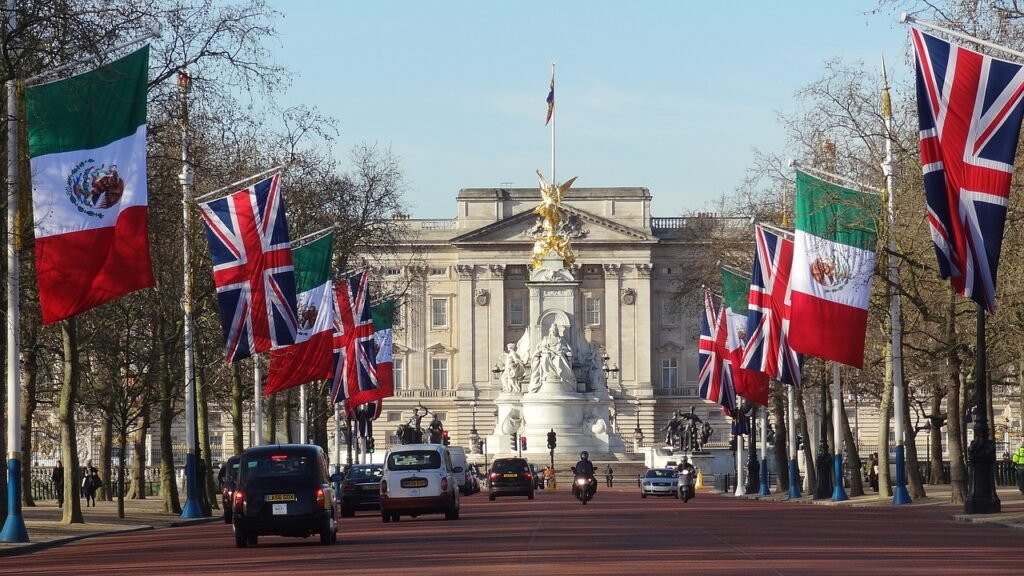The Home Secretary gave an oral statement to the House of Commons on 17 November 2025 to set out reforms to the UK’s asylum and returns system. On the same day the UK government have published ‘Restoring Order and Control’, a new statement on asylum policy. According to the Home Secretary, its goals are two-fold: firstly, to reduce illegal arrivals into this country, and secondly, to increase removals of those with no right to be here. However, this is not law yet as it first needs to be passed through the Parliament.
Even though the proposed changes to asylum and returns policy are not yet implemented it is important to understand the UK government’s proposals. This is why we include it in our immigration news blog.
The current asylum law and practice is set out in the Research Briefing on the UK Parliament website. It is a concise summary which can be a good starting point to then better understand the UK government’s proposed changes to asylum and returns policy.

What are the proposed reforms to the UK’s asylum and returns system
Refugee status will be temporary, not permanent. A grant of refugee status will last 2 and a half years, not 5. It will be renewed only if it is impossible for a refugee to return home. Permanent settlement will now come at 20 years, not 5.
Home Office will create a new ‘work and study’ visa route, solely for refugees, with a quicker path to permanent settlement.
To encourage refugees into work, Home Office will also consult on removing benefits for those who are able to work but choose not to. At present under the current law asylum seekers may work only in certain circumstances.
Outside of the most exceptional circumstances, family reunion will not be possible, with a refugee only able to bring family over if they have joined a work and study route, and if qualifying tests are met.
Home Office will also remove the 2005 legislation that created a ‘duty’ to support asylum seekers, reverting to a legal ‘power’ to do so instead. While we will continue to support those who play by the rules, those who do not – be that through criminality or antisocial behaviour can have their support removed. We will also remove our duty to support those who have a right to work.
Where the barrier to a return is not the individual, nor the UK Government, but the receiving country, we will take action.
I can announce today that we have told Angola, the Democratic Republic of the Congo, and Namibia that if they do not comply with international rules and norms we will impose visa penalties on them. And I am sending a wider message here: unless other countries heed this lesson, further sanctions will follow.
In March of this year 2025, the appeals backlog stood at 51,000 cases. The government has already increased judicial sitting days, but reform is required, so they intend to create a new appeals body, staffed by professional independent adjudicators, and we will ensure there is early legal representation available to advise claimants and ensure their issues are properly considered.
Cases with a low chance of success will be fast-tracked, and claimants will have just one opportunity to claim and one to appeal, ending the merry-go-round of claims and appeals that frustrate so many removals.
While some barriers to removal are the result of process, others are substantive issues related to the law itself. There is no doubt that the expanded interpretation of parts of the European Convention on Human Rights has contributed.
Article 8 is a qualified right: that means we are not prevented from removing individuals or refusing an application to move to the UK if it is ‘in the public interest’. To narrow Article 8 rights, we will therefore make 3 important changes, in both domestic law and our immigration rules.
Firstly, Home Office will define what, exactly; a family is – narrowing this down to parents and their children.
Secondly, Home Office will define ’the public interest’ test so the default becomes a removal or refusal, with Article 8 rights only permissible in the most exceptional circumstances.
Thirdly, Home Office will tighten where Article 8 claims can be heard, ensuring only those who are living in the UK can lodge a claim, rather than their family members overseas, and that all claims are heard first by the Home Office and not in a courtroom.
UK government will also pursue international reform of a second element of the European Convention: the application of Article 3 – the prohibition on torture and inhuman, degrading treatment or punishment. As Article 3 is an absolute right, a public interest test cannot be applied. For that reason, they are seeking reform at the Council of Europe.
According to data from 2022, over 40% of those detained for removal claimed they were modern-day slaves. This well-intentioned law is being abused by those who seek to frustrate a legitimate removal.
Home Office intends to bring forward legislation that tightens the modern slavery system to ensure that it protects those it was designed for, and not those who seek to abuse it.
Home Office intends to open new, capped, safe and legal routes into the UK. These will make sponsorship the primary means by which to resettle refugees, with voluntary and community organisations given greater involvement, to both receive refugees and support them, working within caps set by government.
Home Office also intends to create a new route for displaced students to study in the UK, and another for skilled refugees to work here.